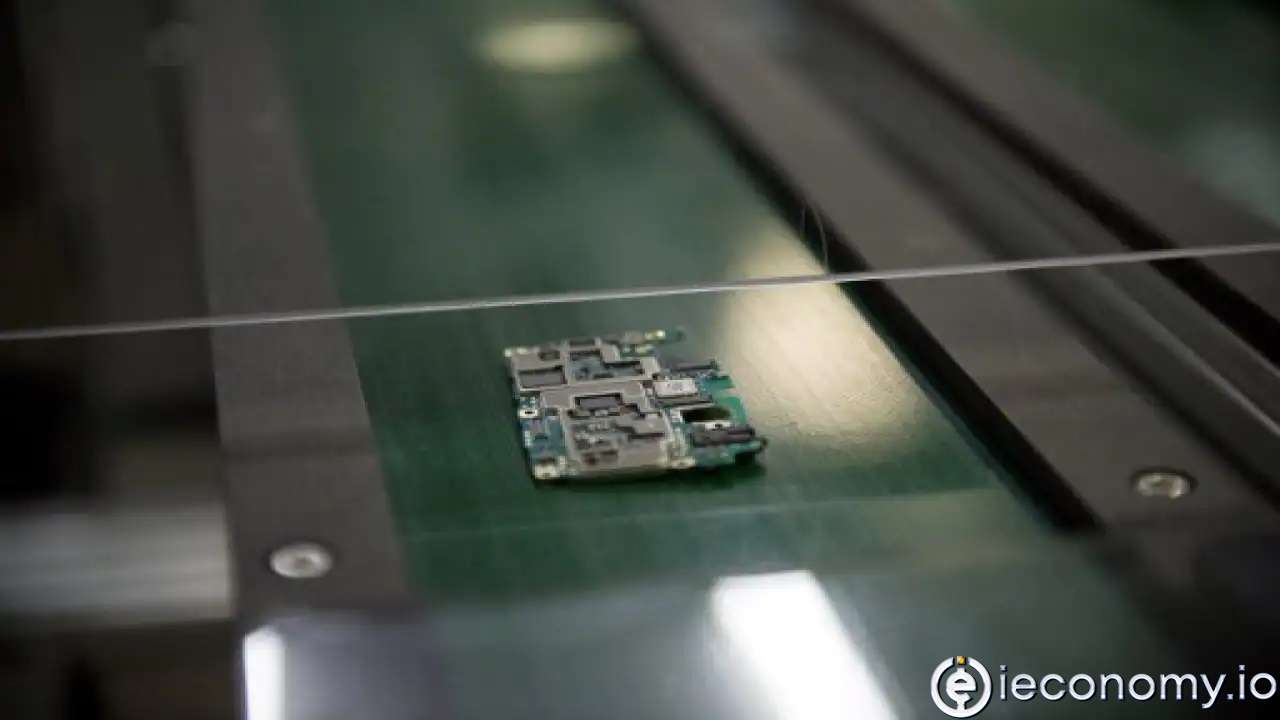7116
0
Daimler assumes that the chip shortage will continue for a long time
Microchips have been in short supply worldwide for months. Daimler assumes that the chip shortage will continue for a long time.

Yazar: Tom Roberts
Yayınlanma: 22 Temmuz 2021 19:08
Güncellenme: 2 Mart 2026 18:17
Daimler assumes that the chip shortage will continue for a long time
Microchips have been in short supply worldwide for months. This is also making it difficult for the automotive industry, which is dependent on semiconductors. Relaxation is not in sight. Daimler assumes that the chip shortage will continue for a long time. According to Daimler, the chip crisis will not let go of the auto industry in the coming year either. "We expect it to remain an issue in 2022, but there will be an improvement over 2021," said CFO Harald Wilhelm. Since June, the shortages in semiconductors have been exacerbated by the corona lockdown in Malaysia. Some factories are idle there. Due to the delivery problems with chips, Daimler's car division Mercedes-Benz Cars now only expects sales at the previous year's level of just under 2.1 million vehicles and no more significant increase. This means that at least 157,000 fewer new Mercedes cars will roll off the assembly line than planned and also possible based on demand. The bottleneck is also causing more and more problems for Volkswagen and BMW. This is particularly challenging for Mercedes-Benz because no brand has any more technology in their cars and even more chips will be installed in the future, explained CEO Ola Källenius. "It's a solvable problem," he added. "We will learn our lessons from this and take steps to make ourselves even more robust." The auto industry itself is responsible for part of the delivery problem, as it schedules at very short notice. Chip manufacturers have little planning security when they decide to invest billions in new factories. The world's largest automotive supplier, Bosch, therefore demanded that car manufacturers must place binding orders in the future, which has not been the norm up to now. In addition to the shift in demand in the corona pandemic towards the electronics industry, storm damage in the USA and a fire in an important factory in Japan are also causes of the crisis.İLGİLİ HABERLER





European stocks soared and focus shifted to German retail sales after Powell's speech!

Forex Signal For TRY/USD: Inflation Slowdown in November.

Forex Signal For GBP/USD: Bullish Trend Still Not Breaking While Recovery Continues.

Forex Signal For EUR/USD: Starry US Data Points to Higher Fed Increases.

Forex Signal For BTC/USD: Downside Continues as Bitcoin Recovery Moves Less.
En Popüler Haberler
Yorum Yap
Yorumlar
Henüz yorum yapan yok! İlk yorumu siz yapın...